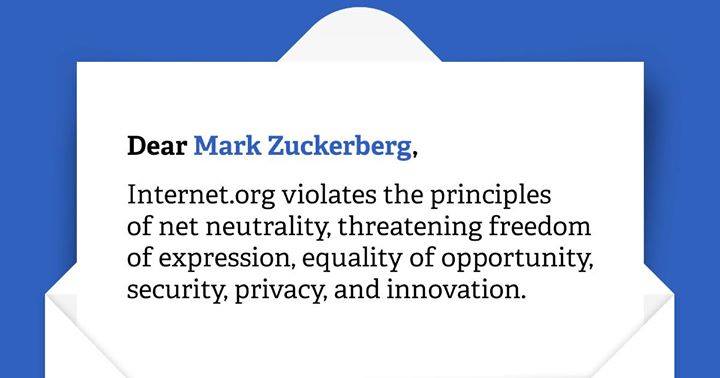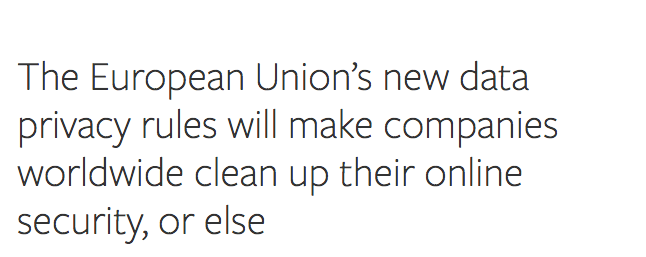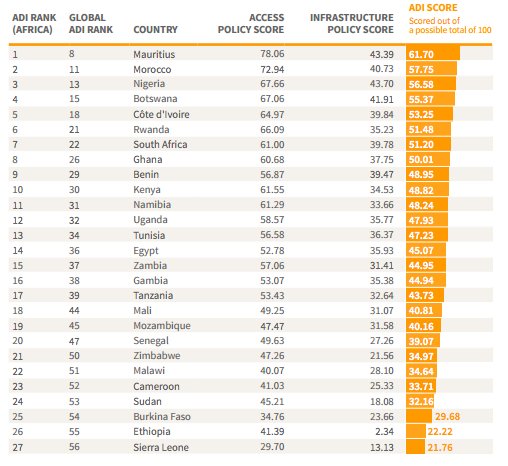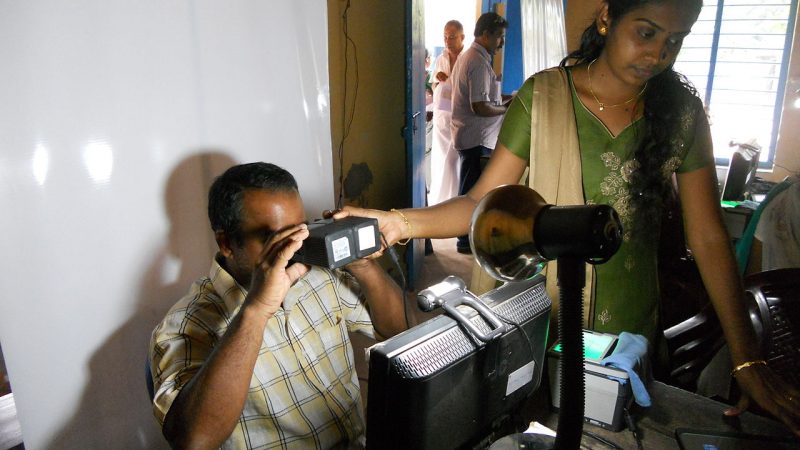Open Letter to Mark Zuckerberg Regarding Internet.org, Net Neutrality, Privacy, and Security

Dear Mark Zuckerberg,
We, the undersigned, share a common concern about the launch and expansion of Facebook’s Internet.org platform and its implications for the open Internet around the world. On that open Internet, all content, applications and services are treated equally, without any discrimination. We are especially concerned that access for impoverished people is construed as justification for violations of net neutrality.
It is our belief that Facebook is improperly defining net neutrality in public statements and building a walled garden in which the world’s poorest people will only be able to access a limited set of insecure websites and services. Further, we are deeply concerned that Internet.org has been misleadingly marketed as providing access to the full Internet, when in fact it only provides access to a limited number of Internet-connected services that are approved by Facebook and local ISPs. In its present conception, Internet.org thereby violates the principles of net neutrality, threatening freedom of expression, equality of opportunity, security, privacy and innovation.
We support the goal of bringing affordable Internet access to the two-thirds of the world who currently lack it. Many of us have been working for years on initiatives to bridge the digital divide, such as building Internet access facilities in public libraries and telecentres, supporting community broadband, local telecom ventures, public investment in broadband infrastructure, making websites and services more accessible to people with feature-phones and more. We have always sought to provide non-discriminatory access to the full open Internet, without privileging certain applications or services over others and without compromising the privacy and security of users.
Internet.org appears to be taking another route.
In a May 4 video, you announced new rules pertaining to Internet.org and argued that net neutrality and Internet.org are not in conflict. However, on the accompanying website, the new rules explicitly state that “websites must be properly integrated with Internet.org to allow zero rating.”
Below we articulate our concerns about the current structure and implementation of Internet.org:
- Net neutrality: Net neutrality supports freedom of expression and equality of opportunity by enabling people to seek, receive and impart information, and to interact as equals. It requires that the internet be maintained as an open platform on which network providers treat all content, applications and services equally, without discrimination. An important aspect of net neutrality states that everyone should be able to innovate without permission from anyone or any entity.
We urge Facebook to assert its support for a true definition of net neutrality in which all applications and services are treated equally and without discrimination — especially in the majority world, where the next three billion Internet users are coming online — and to address the significant privacy and security flaws inherent in the current iteration of Internet.org.
- Zero rating: Zero rating is the practice by service providers of offering their customers a specific set of services or applications that are free to use without a data plan, or that do not count against existing data caps. This practice is inherently discriminatory — which is why it has been banned or restricted in countries such as Canada, the Netherlands, Slovenia and Chile.
Zero rating is currently Internet.org‘s basic model: Facebook is partnering with ISPs around the world to offer access to certain Internet applications to users at no cost. These agreements endanger freedom of expression and equality of opportunity by letting service providers decide which Internet services will be privileged over others, thus interfering with the free flow of information and people’s rights vis-a-vis networks.
- Nomenclature: Internet.org misleadingly labels zero-rated applications the “Internet,” when in fact users only receive access to a tiny portion of it. The project acts as a “walled garden” in which some services are favored over others — again, a violation of net neutrality.
- Freedom of expression: The project raises other freedom of expression risks. The censorship capability of Internet gateways is well established — some governments require ISPs to block access to sites or services. Facebook appears to be putting itself in a position whereby governments could apply pressure to block certain content, or even, if users must log in for access, block individual users. Facebook would find itself mediating the real surveillance and censorship threats to politically active users in restrictive environments. The company should not take on this added responsibility and risk by creating a single centralized checkpoint for the free flow of information.
- Privacy: We are very concerned about the privacy implications of Internet.org.Facebook’s privacy policy does not provide adequate protections for new Internet users, some of whom may not understand how their data will be used, or may not be able to properly give consent for certain practices. Given the lack of statements to the contrary, it is likely Internet.org collects user data via apps and services. There is a lack of transparency about how that data are used by Internet.org and its telco partners.Internet.org also provides only a handful of applications and services, making it easier for governments and malicious actors to surveil user traffic.
- Security: The current implementation of Internet.org threatens the security of users. The May 4 update to the program prohibits the use of TLS (Transport Layer Security), Secure Socket Layer (SSL) or HTTPS encryption by participating services. This inherently puts users at risk, because their web traffic will be vulnerable to malicious attacks and government eavesdropping.
- Two-tiered Internet: The economic boom and revolution in connectivity that the Internet created in developed countries needs to be shared equally with the next three billion people. Internet.org’s model — giving users a taste of connectivity before prompting them to purchase pricey data plans — fails to acknowledge the economic reality for millions of people who can’t afford those plans. These new users could get stuck on a separate and unequal path to Internet connectivity, which will serve to widen — not narrow — the digital divide.
Facebook, in its stated intentions to connect billions to the Internet, should strongly support and advocate for safeguarding the principle of net neutrality, privacy, security and other user rights in its discussions with national governments and regulators, while also applying these standards to its business initiatives.
Signed,
18MillionRising.org – US
Access – Global
Ageia Densi Colombia – Colombia
Baaroo Foundation – Netherlands
Bits of Freedom – Netherlands
Center for Media Justice – US
Centre Africain D’Echange Culturel (CAFEC) – Democratic Republic of Congo
Coding Rights – Brazil
Coletivo Intervozes – Brazil
Colnodo – Colombia
ColorofChange.org – US
Community Informatics Network – Global
Data Roads Foundation – Global
Digital Rights Foundation – Pakistan
Digitale Gesellschaft – Germany
European Digital Rights (EDRi) – EU
Fight for the Future – US
Förderverein freie Netzwerke e.V. / freifunk.net – Germany
Free Press Unlimited – EU
Fundacion Karisma – Colombia
Fundacion para la Libertad de Prensa – Colombia
Future of Music Coalition – US
Global Voices Advocacy – Global
Greenhost – Netherlands
i freedom Uganda – Uganda
ICT Watch – Indonesia – Indonesia
Initiative für Netzfreiheit – Austria
Instituto Bem Estar Brasil – Brazil
Instituto Beta para Internet e Democracia – IBIDEM – Brazil
Instituto NUPEF – Brazil
Integrating Livelihoods through Communication Information Technology for Africa – Uganda
International Modern Media Institute – Iceland
Internet Policy Observatory Pakistan – Pakistan
IPANDETEC – Panama
IT for Change – India
IT-Pol Denmark – Denmark
Just Associates Southern Africa – Africa
KICTANet – Kenya
Korean Progressive Network Jinbonet – South Korea
Media Alliance – US
Media Matters for Democracy (Pakistan) – Pakistan
Media Mobilizing Project – US
MediaNama – India
Movimento Mega – Brazil
Open Wireless Network of Slovenia – Slovenia
OpenMedia – Global
Paradigm Initiative Nigeria – Nigeria
Popular Resistance – US
Protege Qv – Cameroon
Red en Defensa de los Derechos Digitales (R3D) – Mexico
RedPaTodos – Colombia
RIght 2 Know Campaign – South Africa
RootsAction.org – US
Samuelson-Glushko Canadian Internet Policy & Public Interest Clinic (CIPPIC) – Canada
SavetheInternet.in – India
Savvy System Designs – US
Southeast Asia Freedom of Expression Network/Safenet – Southeast Asia
TEDIC – Paraguay
The Agency League of Musicians – US
The Heliopolis Institute – Egypt
The Media Consortium – US
Unwanted Witness – Uganda
Usuarios Digitales – Ecuador
Vrijschrift – Netherlands
WITNESS – Global
xnet – Spain
Zimbabwe Human Rights NGO Forum – Zimbabwe



